I’ve lived in 20 different cities/towns/villages across five States, and I can tell you that no one really knows how to define these things accurately, at least in common parlance.
Tappahannock VA is absolutely what I’d consider to be a rural town, but when compared to a place like Waterboro ME, it feels positively metropolitan.
I think, in general, a “rural town” is usually understood to be a relatively small, centralized area of mixed-use zoning in typically agricultural regions; a population under 10,000 with a few main streets with things like general stores, a few diners or restaurants, a grocery market, and single-family homes. These places almost always grow around farmland.
A “village” might be something more along the lines of Pleasantville NY or Cornish ME. They don’t rely on agriculture and have centralized social dynamics.
There’s also, wildly, a difference between “rural towns” and “small towns.” Golden CO is not a rural town, even though it shares many of the characteristics of one. It’s a “small town.”
That being said, people from New York City will often refer to Boston as a “town” so I guess a lot of this is relative.













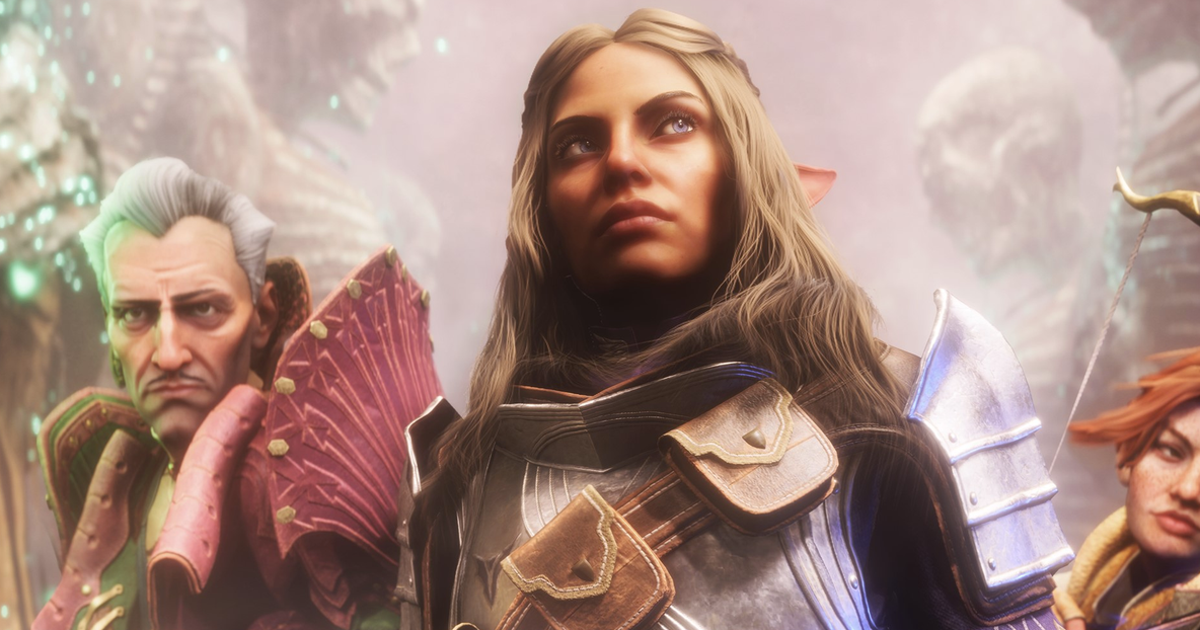





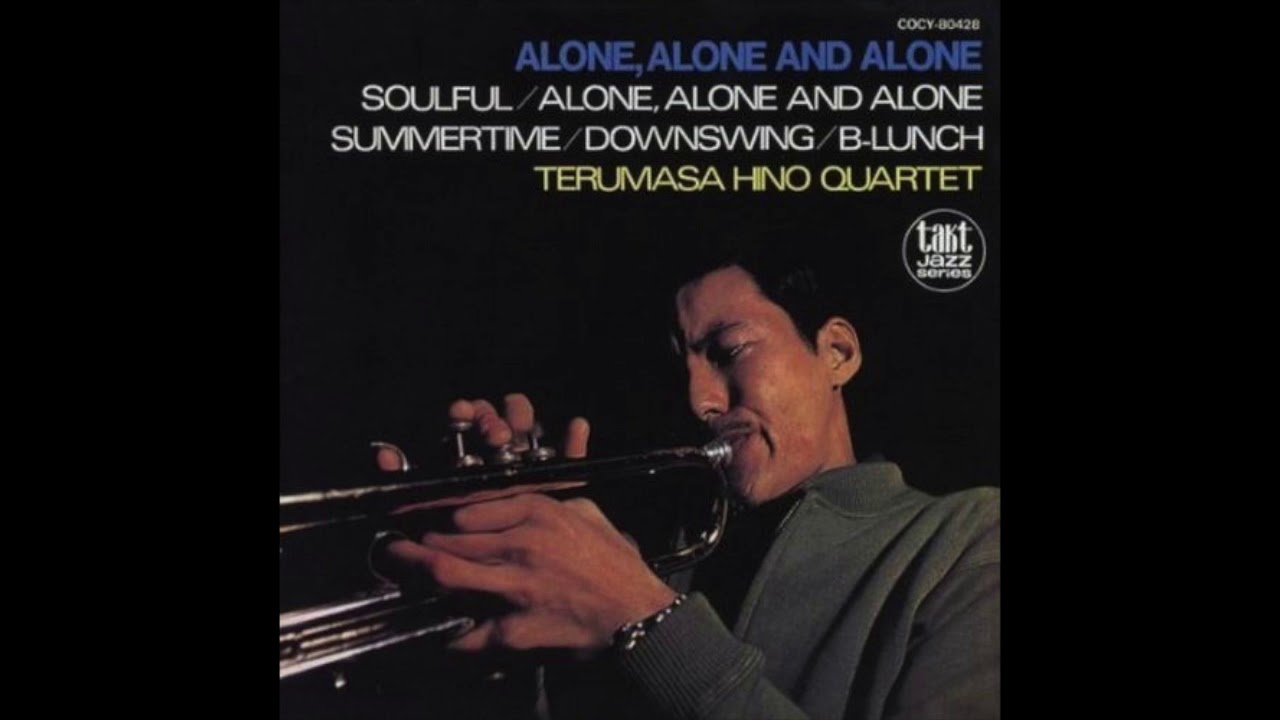
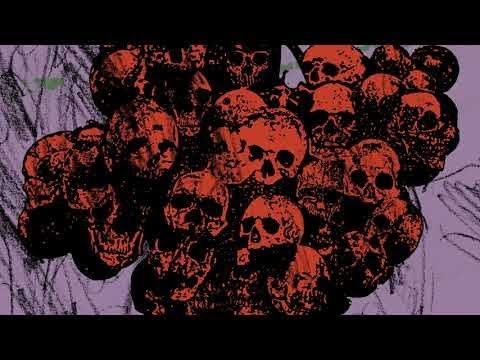
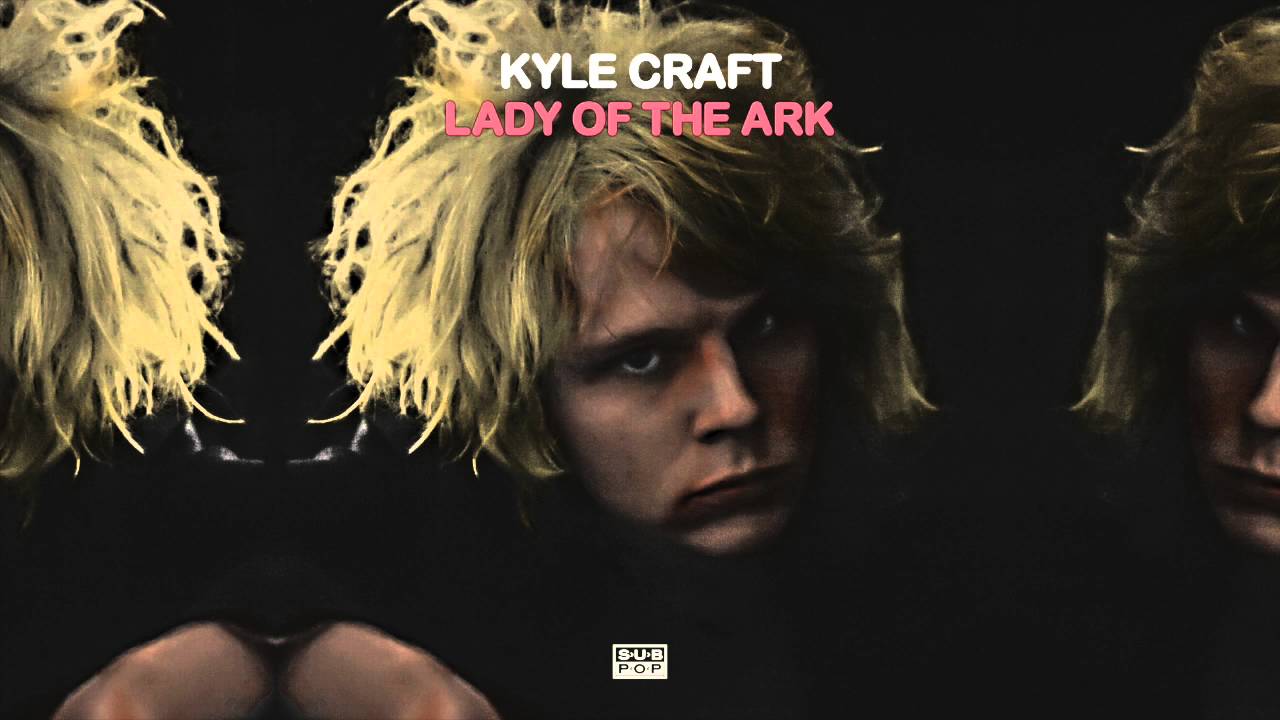
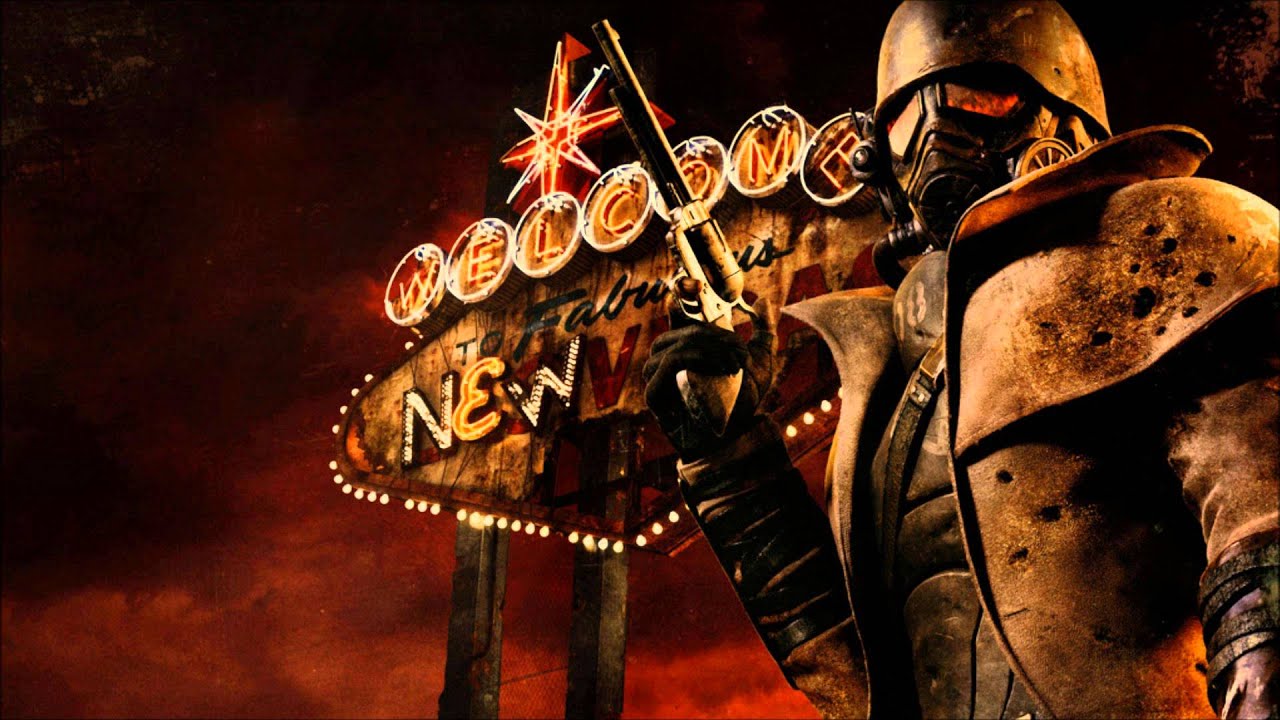


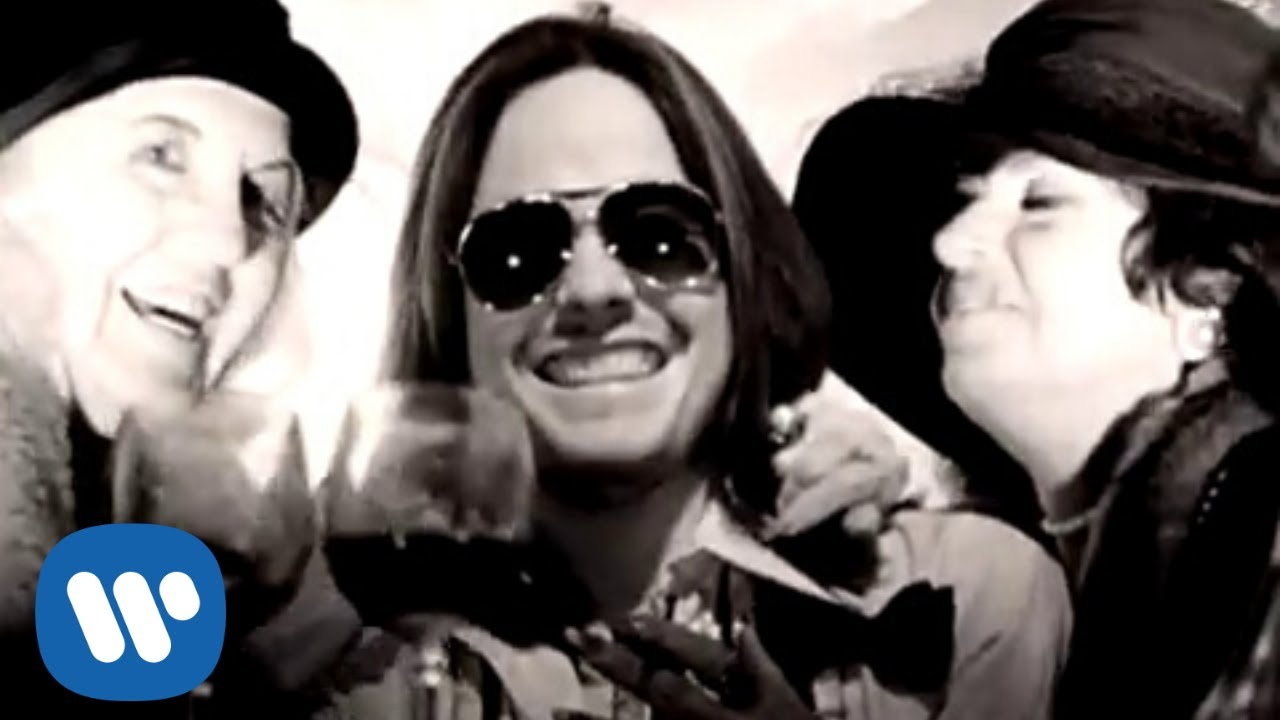

You should post this in I Made This